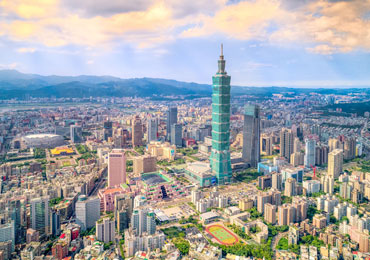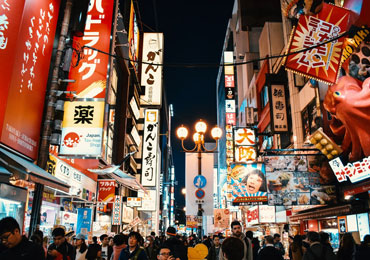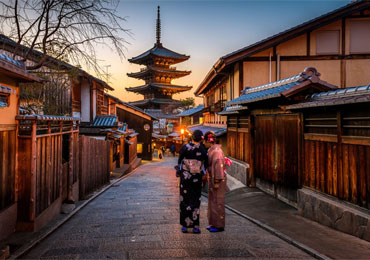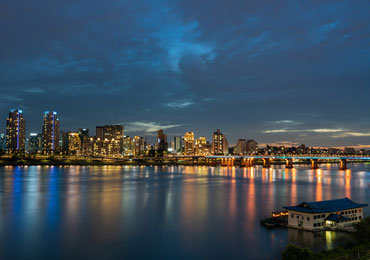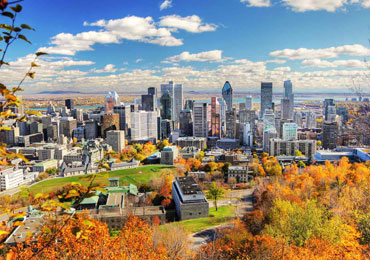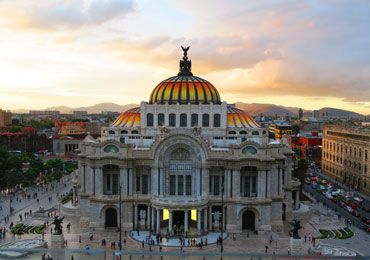History of Guangzhou
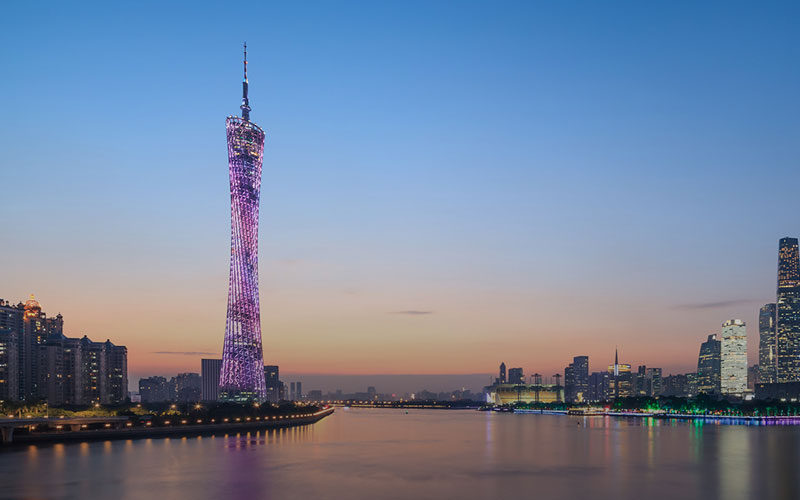
Established on the beautiful Pearl River, the city of Guangzhou has consistently been a bustling business center point. Today, it is the capital of Guangdong, the People's Republic of China. Maybe because of the more than 40 million individuals that reside in the developed city that is today called Pearl River Delta Mega City, the city was distinguished as a Beta World City by the worldwide city list delivered by the Globalization and World Cities Research Network (GaWC). However, the city has not been this large or occupied since forever. The following timeline has a brief history of how the city came into existence.
The history of the city comes from a decent background. During the Qin dynasty, the city saw a massive change because of the kingdom's conquering ways.
Panyu (Guangzhou) was made the capital by the Han Dynasty after seizing the Nanyue dynasty. The city is still the capital of the region.
The rebel leader named Huang Chao had his followers surrounded Guangzhou and executed the foreign traders, including the Christians, Arab Muslims, Jews, and Persians.
The area that surrounded Guangzhou observed an arrival of Persian and Arab leaders, including other foreigners as well.
In 1683, China took over Taiwan, and as a result, the port of Guangzhou became one of the popular trading points for the international merchants.
In the following year, the arrival of Ostend General India Company happened. Later, in 1729, the Dutch East India Company arrived as well. This became the start of the trade-in Guangzhou dominated by foreign companies.
The British had a fight in 1841, and it captured the city of Guangzhou in the Second Battle of Canton.
The city suffered the third pandemic and observed deaths of over 60,000 people in a short span. In the year 1918, the name of the city was replaced from Panyu to Guangzhou, and the city was known officially as the capital.
In this period, the city went through fast development, which also includes Japan's bombing. Its position regarding geography helps greatly on economic development. Since the 1980s, the close proximity to Hong Kong and Shenzhen and its connections to abroad Chinese have made it one of the main recipients of China's opening up under Deng Xiaoping. Useful reforms of tax during the 1990s have likewise assisted the city's economic and industrial development.
Today, Guangzhou is one of the greatest manufacturing and trading centers and contributes to a massive level of the economy of China. It has a worldwide airport, and it is accessible from all the largest international airports around the world. It is a spot you could not imagine anything better than to visit during your Chinese visit.
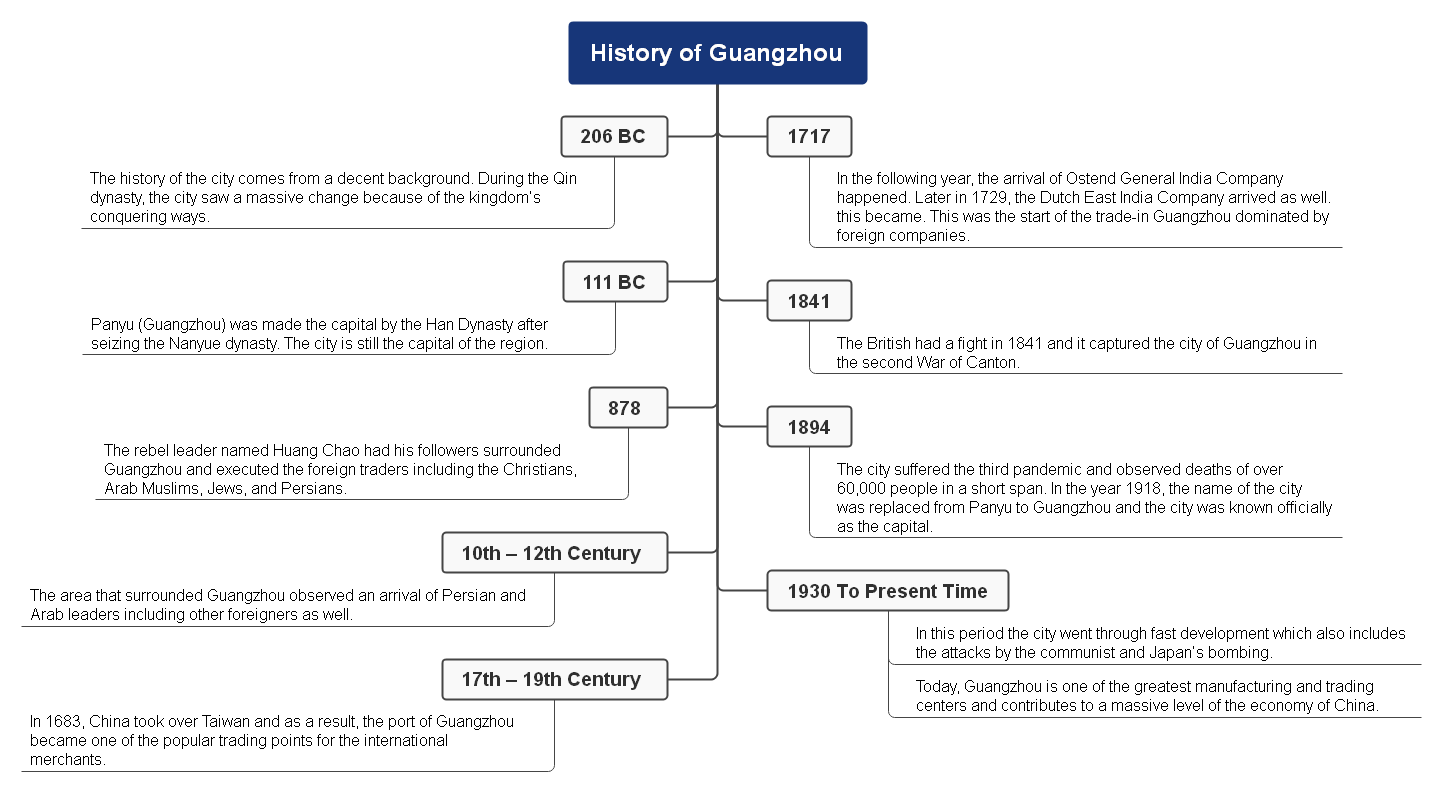
The city of Guangzhou is an interesting and fascinating city that is rich in heritage. It hosts old churches, temples, beautiful European buildings, modern architecture, ancient houses, museums, and many more. Guangzhou possesses a unique architectural style. Here are a few more facts about the city that might interest you.
- Guangzhou port was the only port that welcomed the foreign traders.
- The city of Guangzhou has beautiful historical sites.
- It is known as the Goat city and the city of flowers.
- Guangzhou has a number of restaurants and is a hub of eateries.
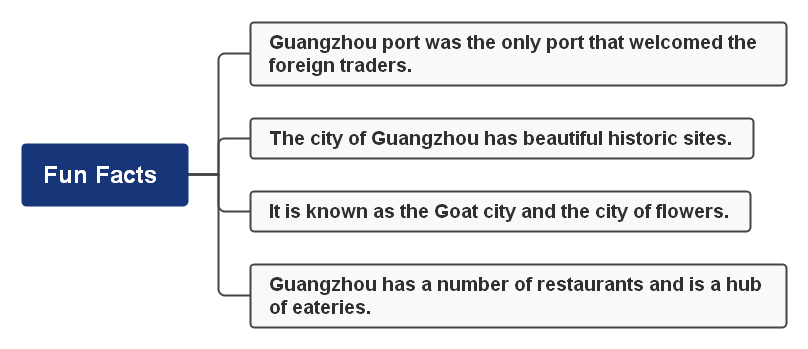
Also known to many westerners as Canton, Guangzhou has long been one of South China's principal cities. Its position as a local power base and financial and commercial hub stretches back over two millennia, while the area has been inhabited since Neolithic times. Throughout history, it functioned, willingly or otherwise, as a point of contact between China and the outside world, making it a breeding ground for new ideas, dissent, and revolution. After neglect in the early days of the founding of the People's Republic of China, the city has recently re-established itself as an important national base for industry and trade.
